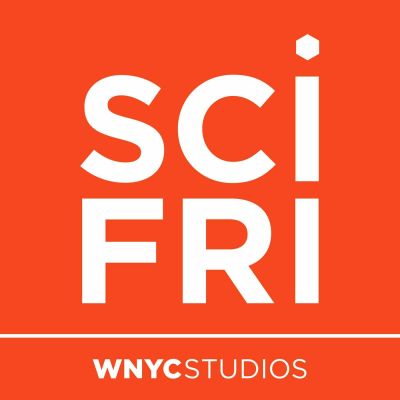Medieval Bones, Bird Ancestors And Dinosaurs. August 27, 2021, Part 2
A Skeletal Record Of Medieval England Society Whether you like it or not, a record of your life is constantly being chronicled. No, not through the internet or on social media—through your bones. If you’ve ever fractured a bone, that skeletal trauma stays with you forever, even after it heals. So researchers across the pond are using bones from medieval times to put together a picture of what life was like. The bones in the study came from ordinary people in medieval Cambridge in the United Kingdom, from between the 10th and 14th century. The researchers found that you can often guess who was working class, and who had more money based on what their bones looked like. In this re-broadcast, SciFri producer Kathleen Davis talks to Jenna Dittmar, a research fellow in osteoarchaeology at the University of Aberdeen in Scotland, about this new research.
Sixty-six million years ago, thanks to the Chicxulub meteor—and possibly additional stressors like volcanic eruptions—85% of the species on Earth went extinct, and the Cretaceous period drew to a close. The loss of species included most dinosaurs, but not all. Today’s birds are the last of the dinosaurs, descendents of ancestors that didn’t just survive this mass extinction, but evolutionarily exploded into thousands of species distributed around the world.
Paleontologists are still searching for why birds didn’t die, and what traits their ancestors possessed that allowed them to inherit the planet, along with mammals and other survivors.
Writing in the journal Science Advances last month, a team of researchers looked at a newly discovered fossil skull from a cousin of modern birds, a bird called Ichthyornis, which went extinct with the rest of the non-avian dinosaurs. Their logic was that if the brain of Ichthyornis was different from modern birds, that difference might explain why Ichthyornis died with the dinosaurs, while the ancestors of modern birds survived.
Paleontologists Julia Clarke and Chris Torres, co-authors on the new research, join producer Christie Taylor for a conversation about the clues, the unknowns, and what fossils still can’t reveal. Plus, why studying the end-Cretaceous mass extinction could provide data for understanding what animals will survive modern global warming.
